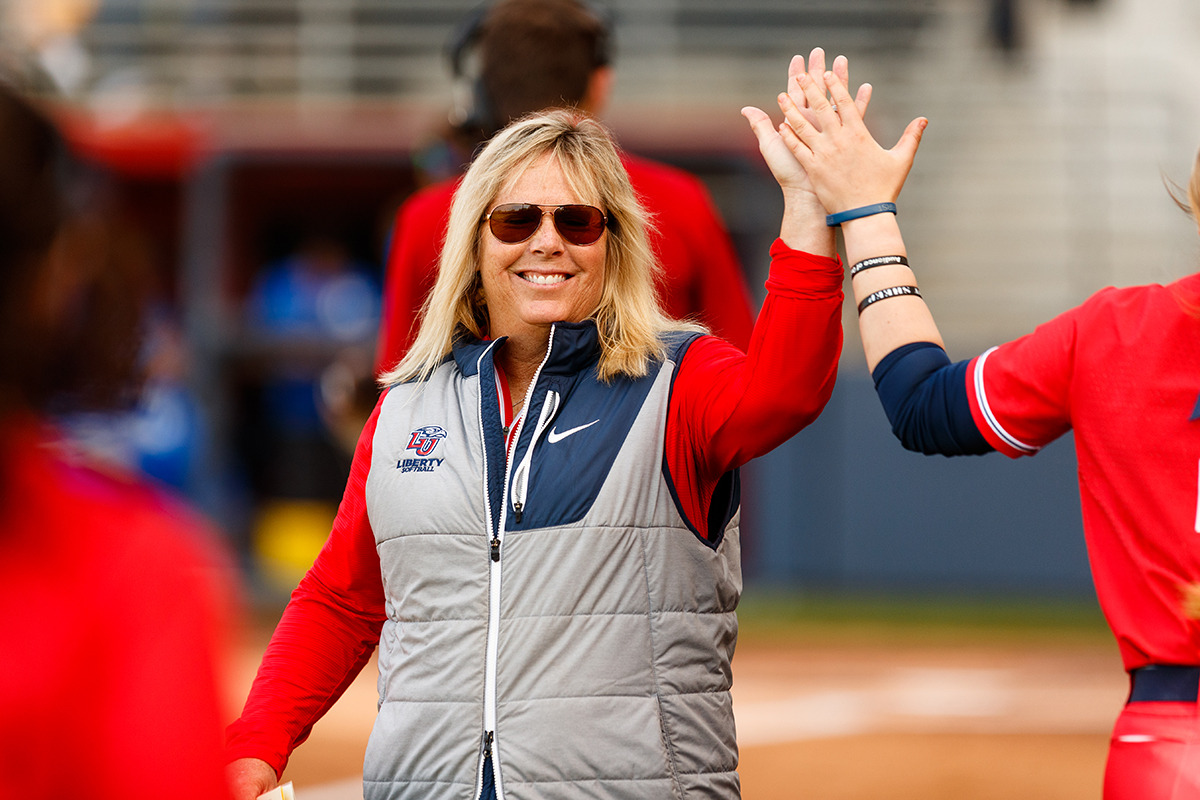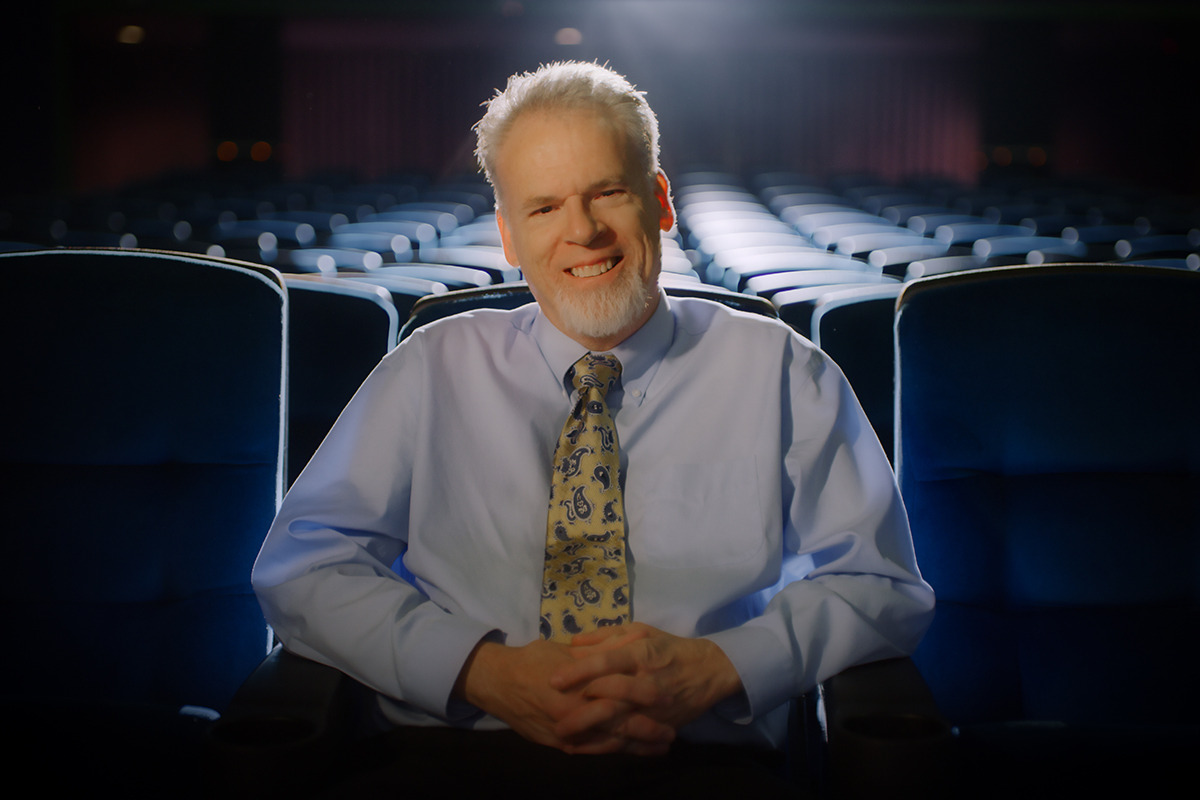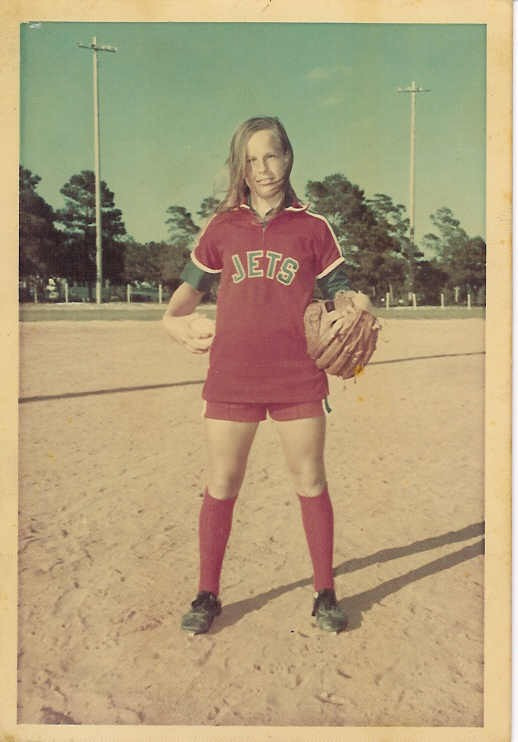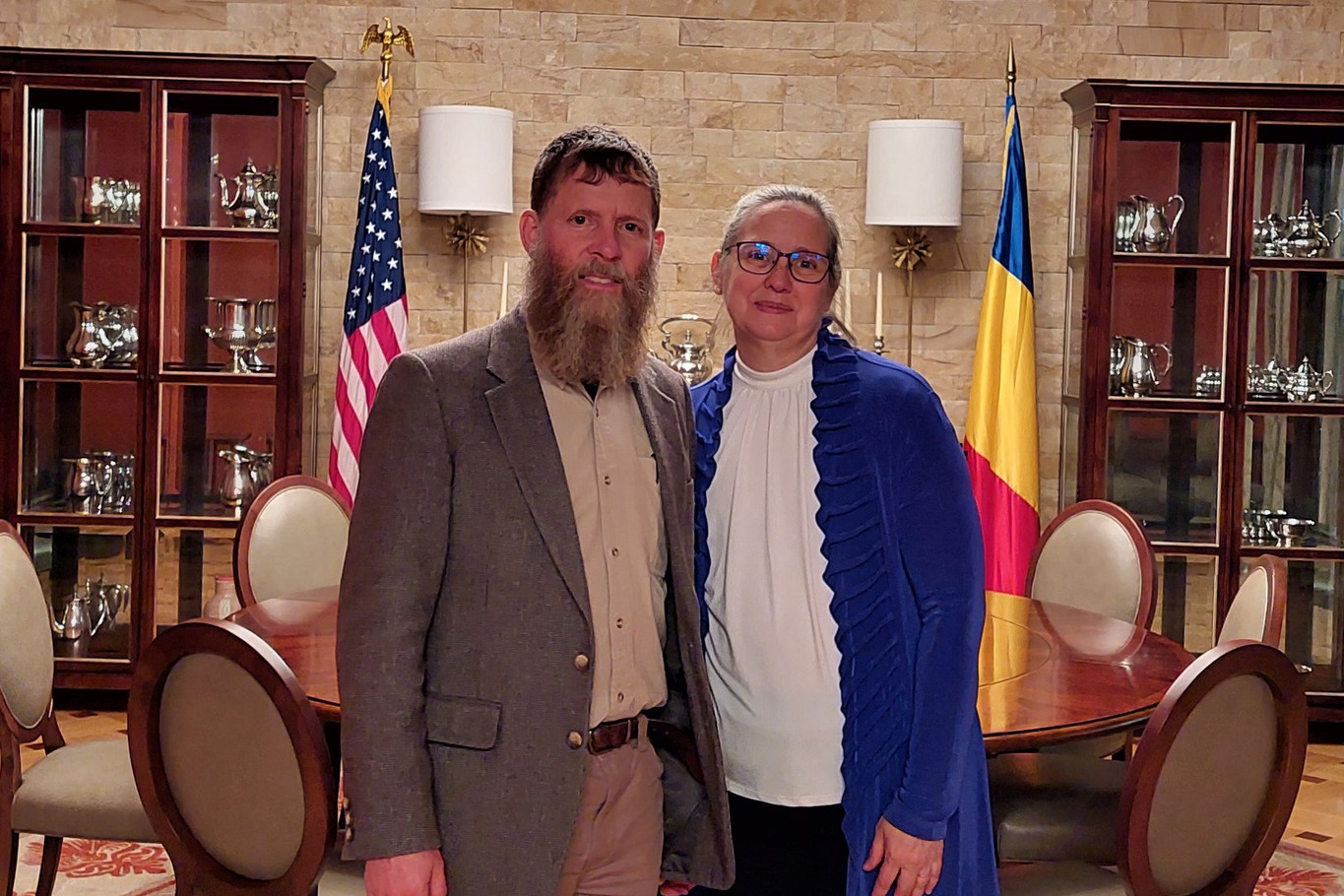Screenplay about Liberty Softball coach and Olympian Dot Richardson earns film festival honors
February 7, 2023 : By Ryan Klinker - Office of Communications & Public Engagement

The life and career of Liberty University Head Softball Coach and Olympic gold medalist Dot Richardson is the basis of a screenplay that has been named a finalist in a “best script” competition at the Sedona International Film Festival.
The screenplay was written by Stephan Schultze, executive director of Liberty’s Cinematic Arts, Zaki Gordon Center. The winner of the competition will be named during the festival, which is being held Feb. 18-26.
Richardson is a two-time Olympic softball gold medalist and one of the most decorated collegiate, national, and international players in softball history. In addition to coaching and leading instructional camps and clinics, she has also worked as an orthopedic surgeon.
Schultze first heard Richardson’s story when she was named Liberty’s head coach in 2013 and introduced herself to the faculty. As she explained how her softball career developed over the era in sports history when women’s athletics finally began to get more opportunities and attention, Schultze saw the potential for an impactful story.
“I’m always looking for really strong faith-based content that I can develop, and when I listened to her, I thought it was an inspirational story about a woman who came up through the opportunities like Title IX that gave women more athletic opportunities,” Schultze said. “I think that is such an interesting period in American history that created significantly more access for women in sports.”

Over the course of the next few years, Schultze met with Richardson to delve deeper into her life’s story and write the initial draft, which he then began shopping to producers and companies in the faith-based market. The screenplay went through many revisions before arriving in its current form.
The screenplay opens with Richardson as a 10-year-old girl who was a skilled baseball player but was not allowed to join a team as a girl. At that point, softball was not a widespread option. Richardson still vividly remembers the day that she heard about softball for the first time, which came less than an hour after she was told she could not play Little League. While playing catch with her older brother, Richardson was approached by a baseball coach who noted her strong throwing arm and asked if she’d want to play for his Little League team.

“I had been praying my whole life to that point asking God, “Why did you give me talent without opportunity?” I wanted to be a Major League Baseball pitcher, and here was this chance to play Little League,” Richardson explained. “But in the same breath, the coach said I’d have to cut my hair short (to disguise as a boy) and they’d call me Bob. I told him, ‘Sir, if I have to hide who I am, then thank you but no thank you.’”
Just 30 minutes later, while playing catch with a friend, a different coach noticed her talent and asked if Richardson would want to play softball. Richardson hadn’t heard of softball before. The coach invited her to join the practice, playing alongside women in their early 20s.
“As I fielded some ground balls and threw it around, I felt like I belonged,” Richardson said. “The rest, I guess you could say, is history.”
“That’s where her journey begins, with her peering through the fence at a Little League baseball game going on,” Schultze said. “The story takes her from her struggles of that to her days at UCLA, to medical school, to her receiving a (softball) scholarship when they first started giving scholarships to women to play, and so on.”
Schultze explained how Richardson’s story is informative to a younger generation that doesn’t know the struggle that girls like her had to deal with in order to play a sport.

“I think people get to a certain place in life where they think that things have always been a certain way,” he said. “When young girls are growing up today, they think that girls have always had this access and opportunity in sports. Reflecting back on the people who have helped move that margin (like Dot), I wanted to tell a story about what happened to get people to move those margins for future generations.”
He hopes Richardson’s story, including her strong Christian faith, will someday inspire audiences on the big screen.
“She has a deep faith in Christ, and that’s very apparent in her life, and that’s something I want to be sure stays intact.”
“When Stephan heard me share about my life and we talked afterward, I told him that I wouldn’t need to change anything about my story to ‘Hollywood it up.’ My life really has been like a movie,” Richardson said. “I’m excited about the screenplay, as it can bring attention to the gifts that God has given athletes, no matter what gender, and how Title IX has provided a lot more opportunities to girls and women in sports.”
Richardson wrote about her experiences in a column for the Spring 2022 Liberty Journal.


